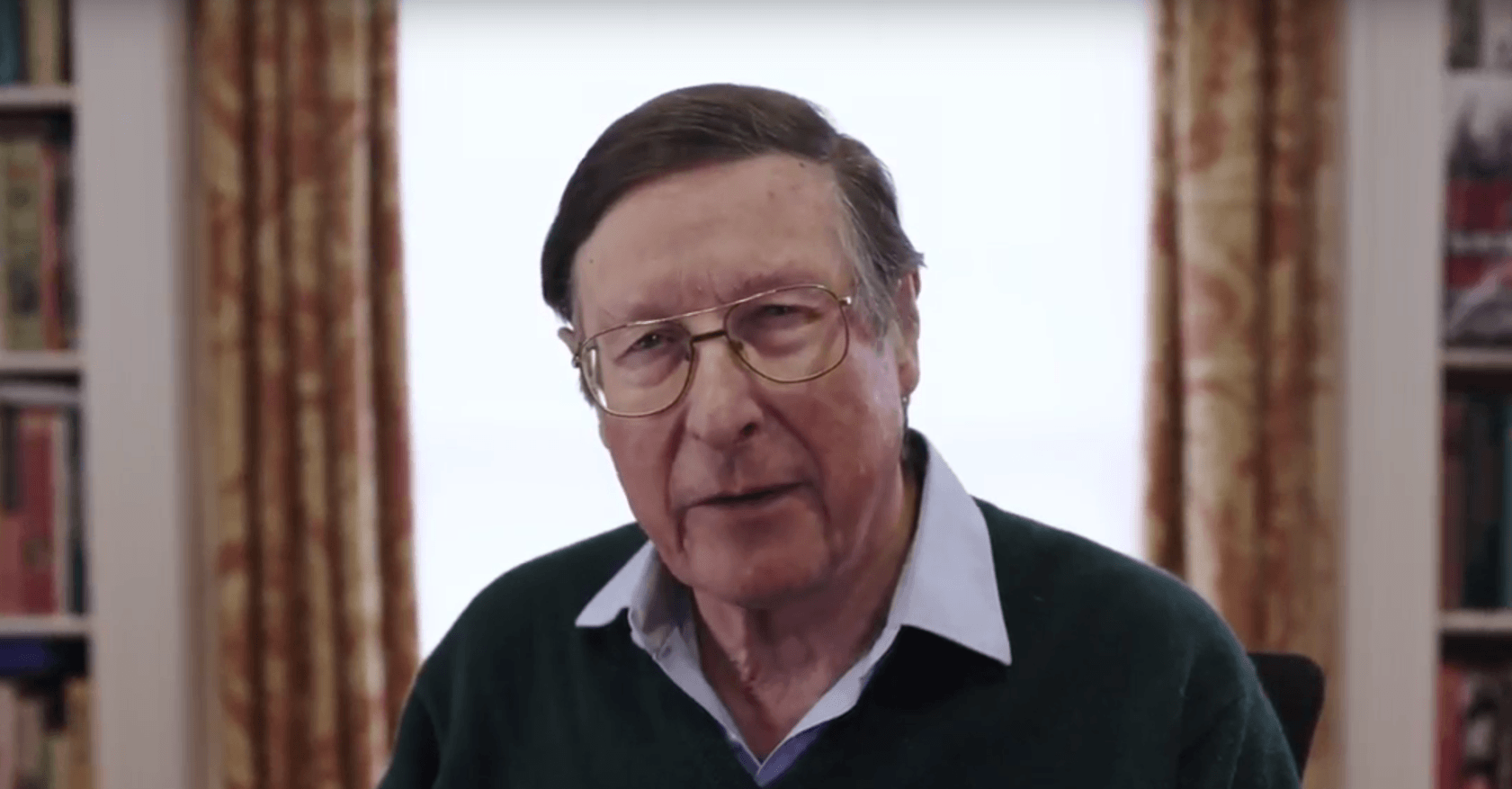My five year-old granddaughter stood poised above the pool, contemplating the rings I had tossed to the bottom for her to retrieve. ‘Eazy-Peazy !’, she observed contemptuously, before diving like a little otter. She dismissed that challenge in the language of the nursery, which is her rightful habitat.
Yet some politicians speak in remarkably similar terms about huge issues. President Trump asserts that it will be easy to win a trade war, just as Liam Fox and like-minded colleagues have always claimed that it will be easy for Britain to strike trade deals after Brexit. It would be charitable to describe Labour’s economic proposals as utopian, but John McConnell propounds them as if they were as obvious as the rotations of the moon.
‘Easy’ and ‘solution’ are words that should be banned from grown-up political discourse. Only crossword puzzles and the cases of Hercule Poirot lend themselves to being ‘solved’. Grown-up politics and grown-up government are about wrestling with intractable dilemmas, which are almost bound to deliver compromises and fudges.
Wet outcomes are not inherently bad, as today’s mob orators suggest. Many political decisions are marginal, just as most truths about human affairs are to be found in nuances. A few years ago Lawrence Freedman wrote a massive history of the Middle East which concluded anti-climatically, but with almost indisputable good sense, that there is no ‘solution’ to its stupendously complex problems and rival claims. These can only be managed.
The same is true of the North Korean and Iranian imbroglios. An informed friend observed a while back that the only thing he could imagine worse than the Iranians acquiring nuclear weapons would be the consequences of the use of force by the Israelis or Americans to stop them doing so.
Yet populists, snake-oil salesmen, currently bask in political sunshine on both sides of the Atlantic, because many voters are weary of being offered such defeatist messages, and of being invited to acquiesce in what they see as counsels of despair. The very practice of diplomacy has become an object of mockery.
Diplomats are committed to keep talking, to hold the wheels on the wagon, for periods of years or indeed decades, even when the courses pursued are circular. It is because so many people, including those at the summits of government, are sick of what they see as institutionalised pusillanimity that the US State Department and British Foreign Office are being permitted to atrophy. The calibre of ambassadors has declined steeply from the days of Robin Renwick, Nico Henderson, Michael Palliser and their kin, because able people are reluctant to waste their lives offering advice that goes unheeded.
A partially valid charge against diplomats, which may be extended to all mandarins, is that they can make the difficulty of doing something an excuse for doing nothing. Michael Heseltine has for years sought to educate me about the political imperative for governments to be seen to respond to crises.
During a lunch together three years ago, I inveighed against the vacuity of a Commons debate, in which hours were expended upon discussion of what four RAF Tornados might, or might not contribute to the welfare of Syria. Michael said: ‘You have eloquently expounded all the arguments against bombing. But what are you proposing to do instead ?’.
His point was well taken, though contrarily I have sometimes heard ministers- and royal aides- cry wildly ‘we must do something !’, before embarking on programmes of disastrous activism. The judgement of historians upon David Cameron might be more charitable, had he not blundered into Libya and sought to do likewise in Syria.
Our political masters and mistresses could fare better, if they sometimes sought to explain to us the difficulties inherent in alternative policies- to avow the dilemmas- as they seldom do. Ministers should abandon the absurd pretence that it is within either the power or duty of government to address every ill. The electorate may be less unreasonable than they suppose. Sensible people understand that many of life’s troubles are impervious to Whitehall-administered panaceas.
It would be too much to expect Mrs.May or her chancellor to say what they obviously think: that Brexit threatens this country with severe economic costs, and thus that in negotiation with Brussels damage limitation is their highest aspiration. But Tory MPs, of whom many hold the same opinion, could help to explain this, were they not so terrified of lunatic constituency associations.
Another curse of our times, entwined with the ills discussed above, is the confusion of fluency with cleverness. It is often said that Jacob Rees-Mogg is a bright man. This he obviously is, in the same fashion as was King James VI and I, and with similar limitations. Mogg asserts with facility his vision for Britain’s future. All that is needed, he makes clear, is for government to display a portion of his own courage and clarity of thought.
We have often been here before. Consider David Young, Lord Young of Graffham as he became, for some time one of Margaret Thatcher’s favourite ministers. She famously remarked: ‘Other people bring me problems, but David brings me solutions !’. This caused a cabinet colleague to murmur wearily: ‘the trouble is that most of them are nonsense’. Young built a successful career out of his fluency, but a question mark persists about his accomplishments.
The lesson from the above is certainly not that political leaders should abandon hope of making things better. Thatcher’s premiership shows what can sometimes be done if our rulers discard conventional wisdom and aim high. But there has been no other administration of comparable radical impact in the past half-century- to initiate, for instance, root-and branch reform of health funding- because neither the political weather nor the limitations of ministers has favoured it.
As voters, we should stop expecting politicians to raise Lazarus, or to increase public spending through a distribution of loaves and fishes. I remember Robin Day saying at a party conference back in the 1980s: ‘Even when I am giving ministers a hard time on camera, I try never to forget that they are attempting to do something very difficult’. He cherished a fundamental respect not for office-holders, but for the intractability of their tasks, such as some of his screen successors could usefully inherit.
In an era of doubt about many things, one certainty glistens: any politician who asserts that answers to the problems posed by immigration, education, the NHS, railways, productivity or that interminable cross-Channel negotiation are eazy-peazy should be dismissed as a charlatan.
Originally published in The Times on 16 August 2018.


